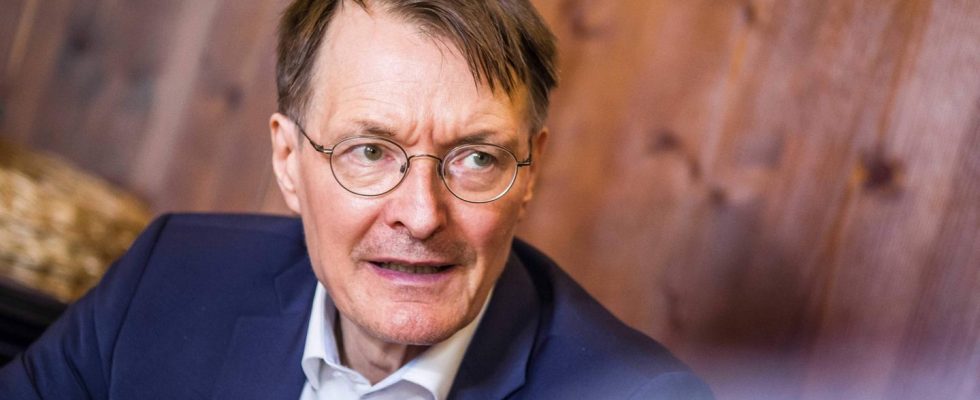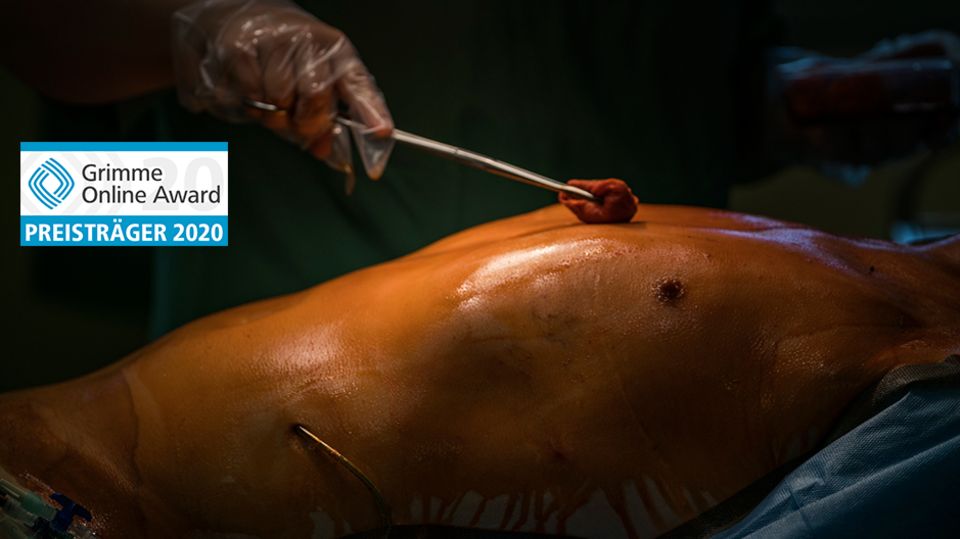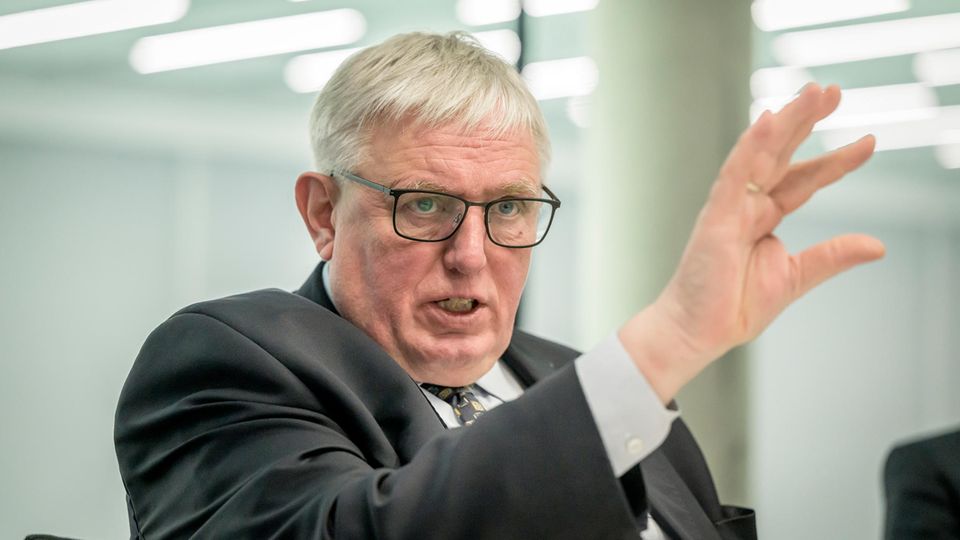Exclusive
Following an initiative in the Federal Council
Organ donation: Lauterbach calls for a new push for a solution to the contradiction
Karl Lauterbach: “The affected families, who have been waiting for an organ donation for a long time, deserve our courage to make a new decision.”
© ZUMA Wire / Imago Images
For Federal Health Minister Karl Lauterbach, the current legal situation on organ donation has “unfortunately failed”. In the star he calls on the Bundestag to make a new attempt to resolve the objection.
According to the Federal Council’s decision on contradiction solution When it comes to organ donation, Federal Health Minister Karl Lauterbach (SPD) is calling on the Bundestag to take a new initiative. “It is very good that the Federal Council supports the objection solution,” said Lauterbach star: “The number of organ donations is permanently too low. Unfortunately, the current legislation has failed.”
Lauterbach made it clear: “The path to new legislation only goes through the German Bundestag. I hope that there will be a new attempt by parliamentarians for a cross-party initiative.” He would join this as a member of parliament. “The time is ripe for it,” said Lauterbach: “The affected families, who have been waiting for an organ donation for a long time, have deserves our courage to make a new decision.”
Almost four years ago, the contradiction solution failed in the Bundestag vote. It stipulates that every person is potentially considered an organ donor if they have not objected during their lifetime. Countries like Spain and Austria have had such regulations for a long time. In Germany the regulation still applies that Organ donation must be expressly consented to by the donor during his lifetime or by his relatives in the event of death (extended consent solution).
Rule of contradiction? Criticism from patient advocates
The Federal Council On Friday afternoon, a proposal from North Rhine-Westphalia, Baden-Württemberg and Hesse was approved, which calls on the federal government to submit a draft law to include the contradiction solution in the Transplantation Act. The application stated that the number of organ donations had been stagnating at a low level for almost ten years. The result is that many waiting patients would die before they received a saving organ.
The board of the German Foundation for Patient Protection, however, rejects the initiative. “Instead of wanting to interfere with fundamental rights, the countries finally have to step on the gas,” said Eugen Brysch star. There is still a lack of “open-ended and comprehensive information” about organ donation, as was decided four years ago. Instead, the federal and state governments would “back on the card of the objection regulation that was rejected by the majority,” said Brysch: “Sticking to the idea That silence means consent does a disservice to those on the waiting list. Instead, the health ministers should ensure that the online organ donation register actually goes online.”



